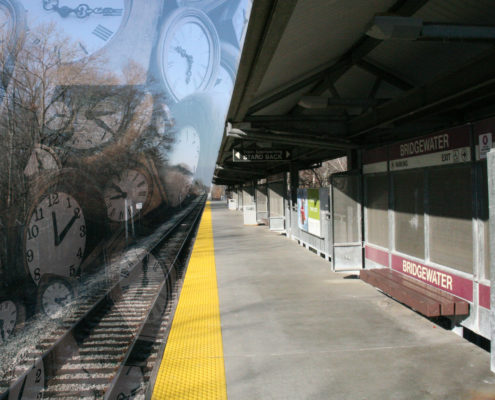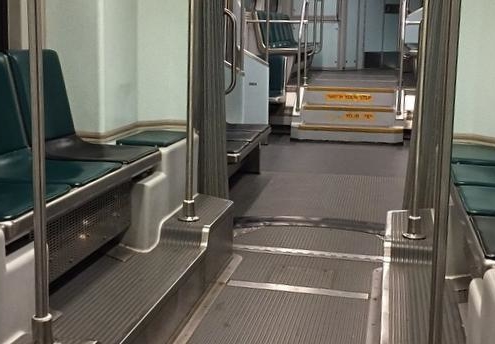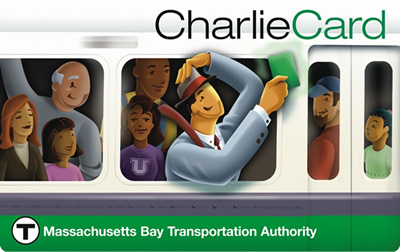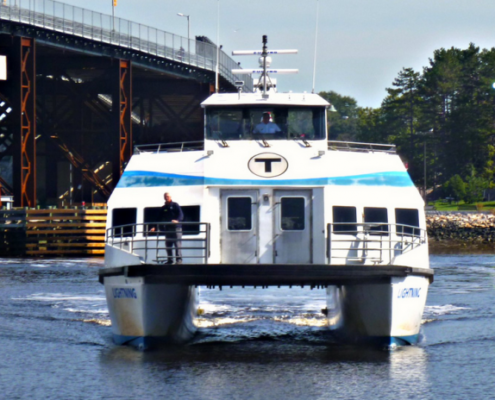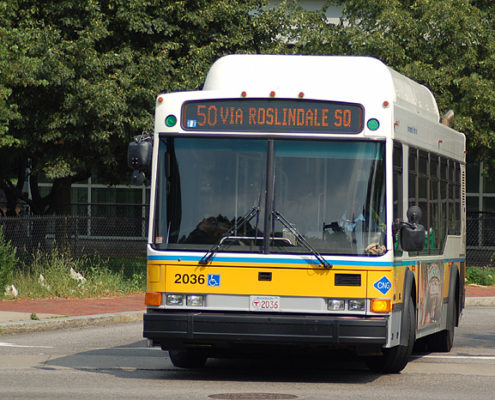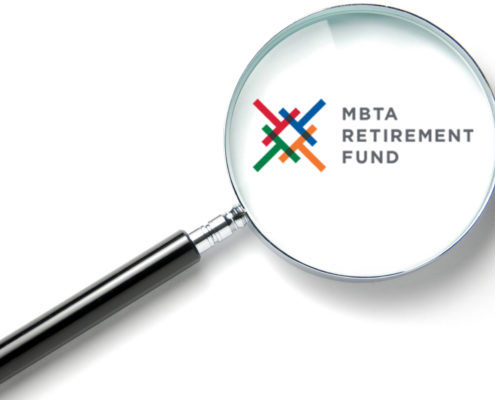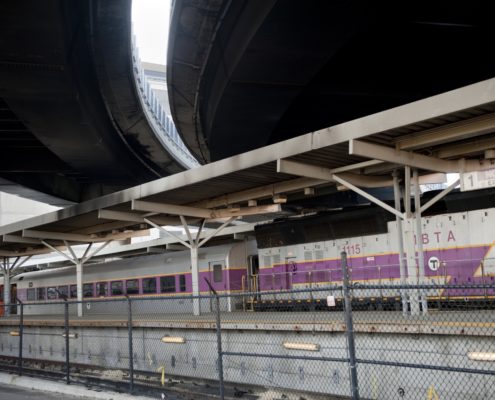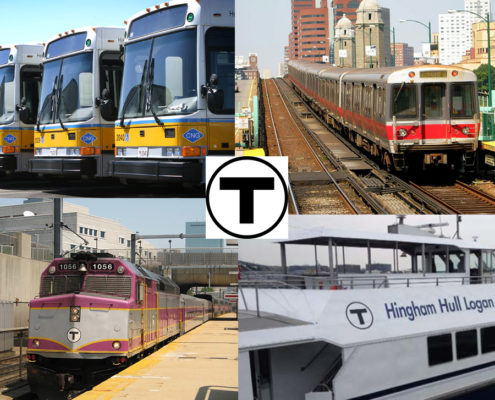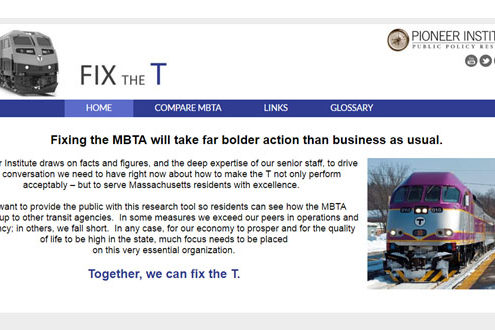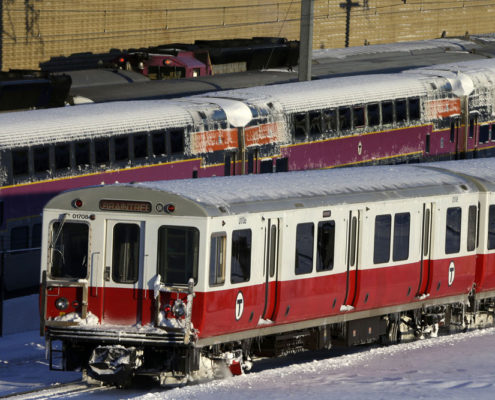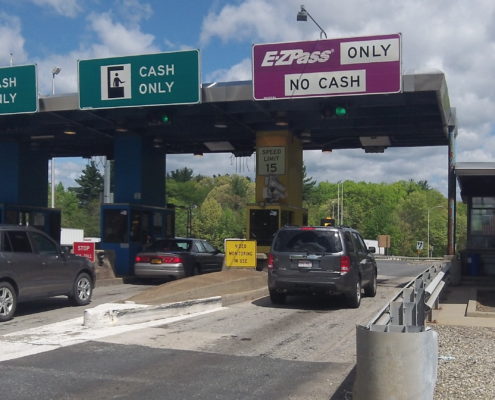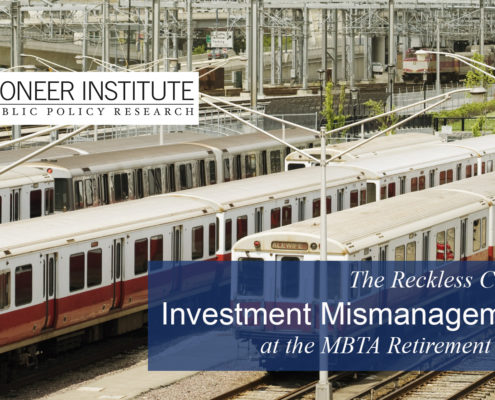Pioneer Institute Statement On The MBTA Contract With The Carmen’s Union
In February 2015, Pioneer Institute issued a statement citing the numerous problems that faced the MBTA and its riders. The release noted that the MBTA board, as then structured, had failed the public, resulting in a highly mismanaged system of mass transit in metropolitan Boston. Pioneer recommended that the current board structure be dissolved and replaced with a board that had greater powers, including exemption from the so-called Pacheco law, and the autonomy needed to begin to fix the T. The recommendation was adopted by the Governor and the Legislature, and a Fiscal and Management Control Board (FMCB) was established. Over a span of less than two years, numerous improvements have been made. These include cutting the MBTA’s operating budget’s structural deficit by 50 percent, reducing overtime and absenteeism through more effective policy and work practices, and outsourcing money room operations.
Today, the MBTA released the results of its negotiations with the Carmen’s Union, providing further evidence that the new board structure and the tools provided by the Legislature and Governor have the potential to realize enormous long-term impact on improving the T’s finances and operations.
“In the past, the reforms they are moving forward with on January 1 would have died at the negotiating table,” said Jim Stergios, Pioneer’s executive director. “The unions would have pushed everything to the imbalanced binding arbitration system. The Control Board has leveled the playing field, and the result is better value for riders.”
In return for the FMCB agreeing to maintain the service level of MBTA unionized bus drivers at 2.4 million revenue miles annually, the union agreed to the following:
- Overtime will be calculated in a manner more consistent with the private sector, resulting in significant cost reductions.
- New drivers will be hired at rates lower than what current drivers make.
- The bus drivers will not take a salary increase this year and in the future will receive more moderate pay increases.
- The T will be able to schedule drivers in a manner that is more efficient without being hamstrung by outdated work rules.
- The privatizations of the money room, the warehouse, etc., are not impacted by this negotiation – nor is the FMCB’s ability to outsource bus maintenance or reform the T’s pensions.
The results of these negotiations add up to better service and tens of millions of dollars in savings.
Stergios added further, “This makes it clear that the FMCB is not a one-trick pony, and that the way forward for the T is a mix of effective management and reforms, privatizations, and hard-nosed negotiations with all vendors.” The tens of millions in annual savings mean more investment in the core system and better service for riders.
This deal demonstrates the value of the new leadership structure at the MBTA and the benefits that can be wrought from a strategic focus on making operations at the agency more efficient and cost-effective. The Governor, the Speaker and Senate President all deserve credit for their vision in creating the FMCB. While the legislation that established the FMCB included a provision that the board be dissolved after three years and the governance return to its previous structure, today’s outcome suggests that Massachusetts leadership would be prudent to extend the term of the board and provide the T’s leadership enough time to achieve the results riders deserve.



